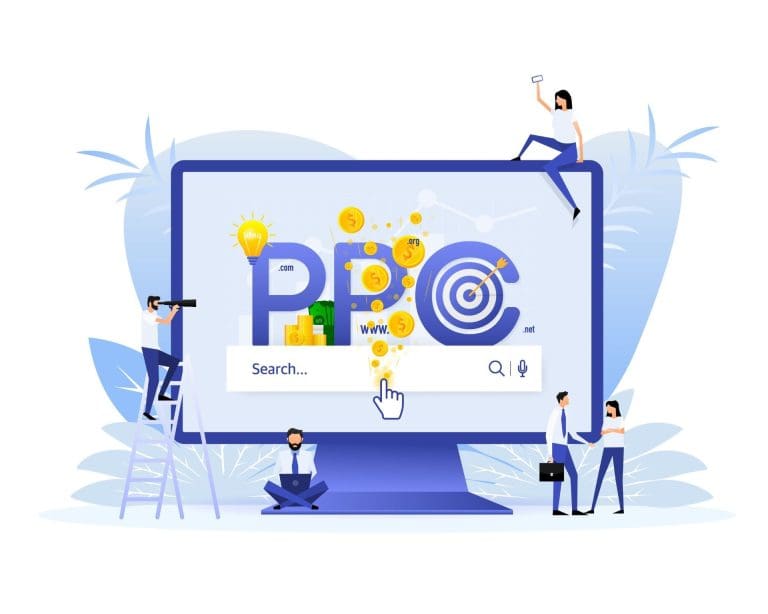SEO for Small Businesses: Everything You Need to Know
Having a small business is challenging, especially in today’s digital age. One key to success is making sure people can find you online.
That’s where SEO, or Search Engine Optimization, comes in. SEO might sound complicated, but it’s all about making your website visible to search engines like Google.
When your website ranks high in search results, more potential customers can find you. This blog post will guide you through the basics of SEO, and show you how it can help your small business thrive.
Understanding the Basics of SEO
To effectively leverage SEO, it’s crucial to understand its foundational components:
- Keywords are the terms and phrases potential customers use to find products or services similar to yours.
- On-page optimization involves fine-tuning elements on your website, such as meta tags, headers, and content, to make it more search-engine-friendly.
- Link building is the practice of acquiring backlinks from other websites to improve your site’s authority and search ranking.
By mastering these basics, you’ll be well on your way to creating a solid SEO strategy.
How to Conduct an SEO Audit for Your Small Business Website
Conducting an SEO audit is an essential first step in identifying areas for improvement on your website:
- Analyze your website’s performance using tools like Google Analytics and Google Search Console to identify technical issues and track key metrics.
- Evaluate your content to ensure it’s relevant, engaging, and optimized for your target keywords.
- Examine your backlinks to verify their quality and identify potential opportunities for acquiring more high-quality links.
A thorough audit will help you pinpoint weaknesses in your current strategy and develop a plan for optimizing your site.
Implementing Local SEO Strategies for Small Businesses
Local SEO is critical for small businesses that rely on local customers:
- Claim and optimize your Google My Business listing to ensure your business appears in local searches and Google Maps.
- Encourage customer reviews on platforms like Yelp and TripAdvisor, as positive reviews can boost your local search rankings.
- Optimize your website for local keywords by including location-specific terms in your content, meta tags, and headers.
By focusing on local SEO, you can attract more customers from your community and increase foot traffic to your physical location.
The Role of Content in Enhancing Small Business SEO
High-quality content is the backbone of any successful SEO strategy:
- Create valuable, informative blog posts and articles that address the needs and interests of your target audience.
- Update your content regularly to keep it fresh and relevant, which can improve your search rankings.
- Use multimedia elements like images, videos, and infographics to make your content more engaging and shareable.
Investing in content creation not only boosts your SEO but also establishes your business as an authority in your industry.
Utilizing Social Media for SEO and Brand Awareness
Social media plays a significant role in today’s SEO landscape:
- Share your content on social media platforms like Facebook, Twitter, and LinkedIn to increase its visibility and drive traffic to your website.
- Engage with your audience by responding to comments, participating in discussions, and sharing user-generated content.
- Leverage social media advertising to target specific demographics and promote your content to a broader audience.
By integrating social media into your SEO strategy, you can enhance brand awareness and attract more potential customers.
Measuring and Tracking SEO Success for Small Businesses
To ensure your SEO efforts are paying off, it’s essential to measure and track your progress:
- Monitor key metrics like organic traffic, bounce rate, and conversion rate using tools like Google Analytics.
- Track your search rankings for target keywords to gauge the effectiveness of your optimization efforts.
- Analyze your backlink profile to ensure you’re acquiring high-quality links that boost your site’s authority.
Regularly reviewing these metrics will help you refine your strategy and achieve better results over time.
Common SEO Mistakes Small Businesses Make and How to Avoid Them
Avoiding common SEO pitfalls can save you time and resources:
- Keyword stuffing can lead to penalties from search engines and make your content less readable. Focus on natural keyword placement instead.
- Ignoring mobile optimization can result in a poor user experience and lower search rankings. Ensure your website is mobile-friendly.
- Neglecting technical SEO can lead to slow load times and other issues that negatively impact your search rankings. Regularly audit your site for technical issues.
By steering clear of these mistakes, you can create a more effective and sustainable SEO strategy.
Future Trends in SEO for Small Businesses
Staying ahead of the curve is crucial in the ever-evolving world of SEO:
- Voice search optimization is becoming increasingly important as more people use voice-activated devices like smart speakers and smartphones.
- Artificial intelligence and machine learning are transforming SEO by enabling more sophisticated algorithms and personalized search results.
- Video content is gaining prominence in search results, making it essential to incorporate video into your content strategy.
By staying informed about these trends, you can adapt your strategy and maintain a competitive edge.
Ready to Boost Your SEO?
SEO is an invaluable tool for small businesses looking to enhance their online presence and attract more customers. By understanding the basics, conducting audits, and implementing effective strategies, you can optimize your website and achieve lasting success.
Boost your small business’s online presence with our expert SEO consulting services in Austin. Contact us today to enhance your digital footprint and attract more customers!







